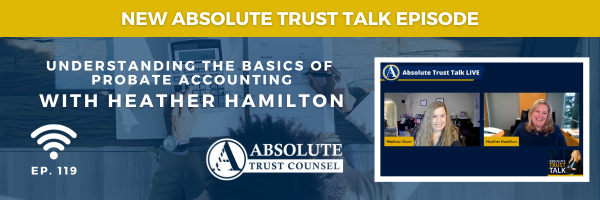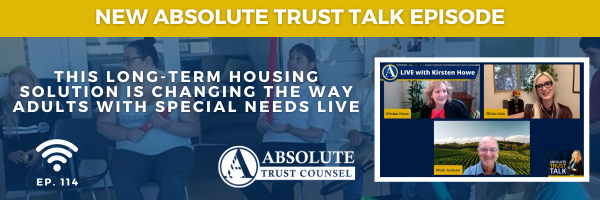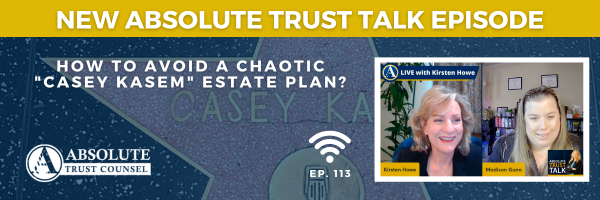Why Do I Have to Do a Probate When I Have a Trust? As an estate planning attorney, one of my least favorite conversations with a new client starts with me saying “I’m so sorry, but unfortunately, even though you have a trust, we are going to have to do a probate.” Clients are surprised to learn that this can…







